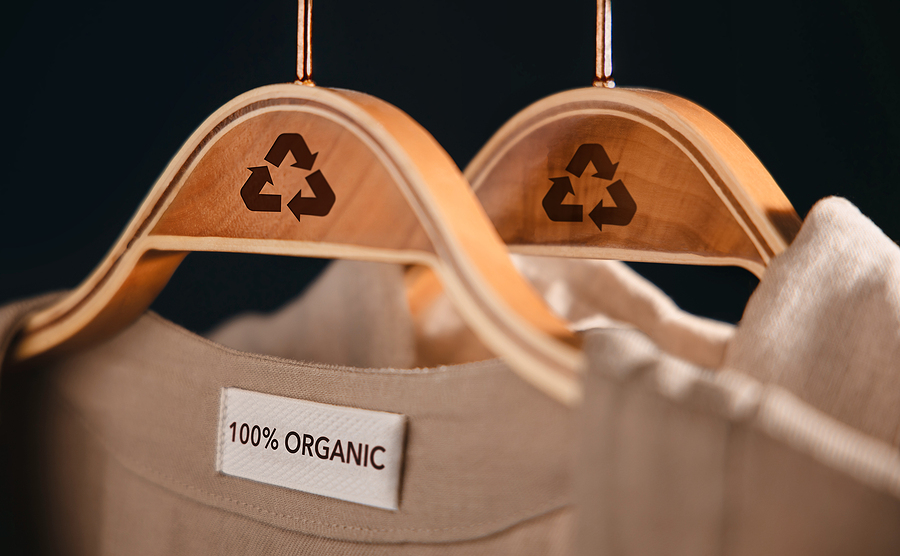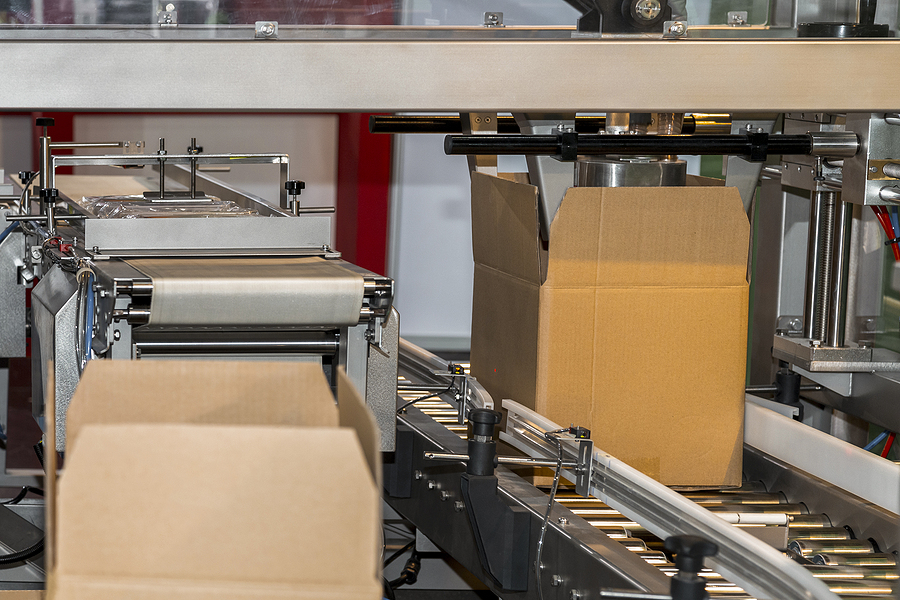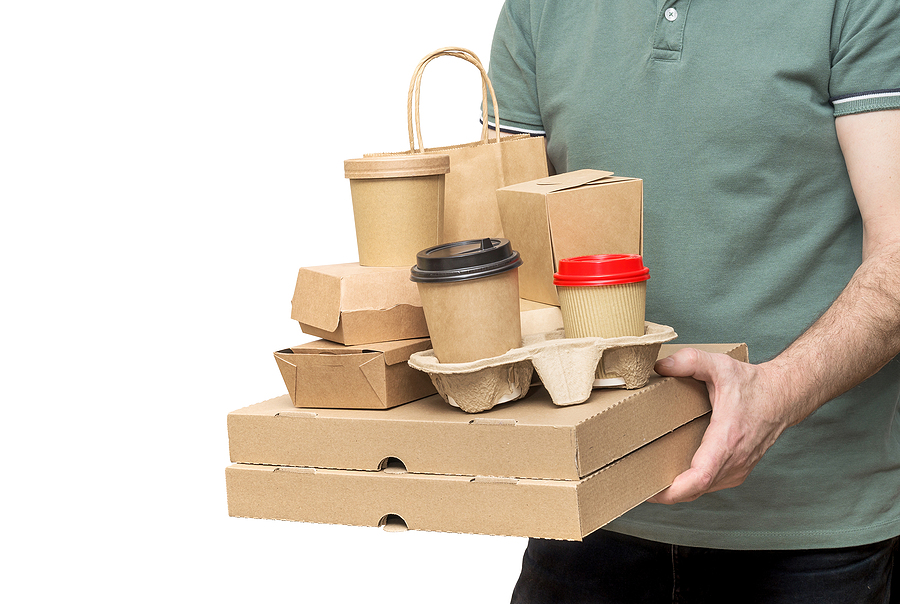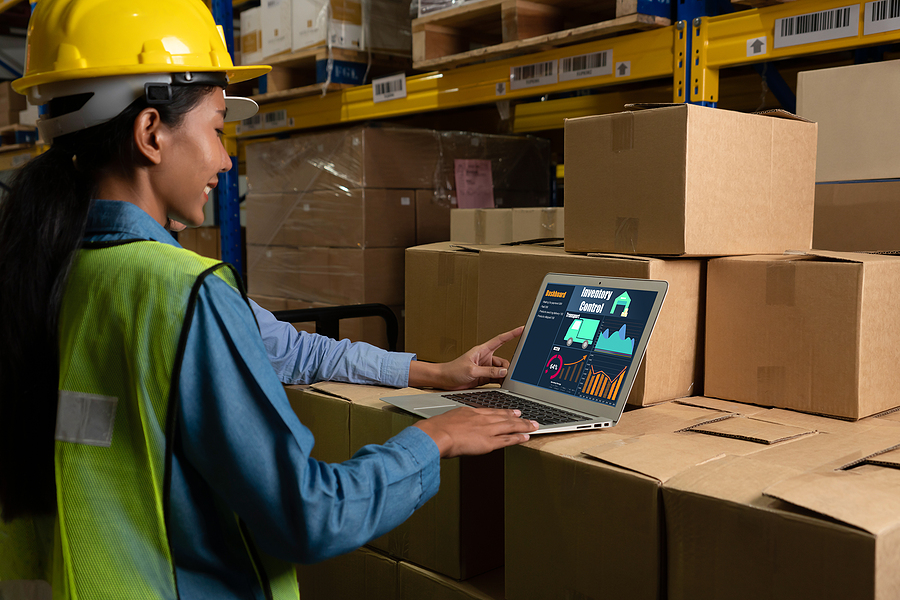Businesses are often accused of prioritizing profits above all else, including the environment. But companies are increasingly realizing that good environmental stewardship is good business.
According to the National Retail Federation, up to two in three consumers are willing to fork over more money for sustainable products. It adds that 80% of consumers between the ages of 18 and 34 say they would pay up to 5% more for products in sustainable packaging.
It would be hard to find an industry that isn’t trying to some extent to improve its image on the sustainability front, including the alcohol industry. The alcoholic beverage market is expected to bring in revenue of $283.8 billion in the U.S. this year. And some businesses across the industry are demonstrating that it’s possible and even desirable to do business in a sustainable way.
While sustainability might not be the first thing that comes to mind when considering the alcoholic beverages landscape, all you have to do is look at packaging and the consumer-driven push for sustainability — and the corporate response — to see changes in how business is done.
Packaging
Many alcoholic beverage companies looking to lower their carbon footprint and lessen their environmental impact are focusing on their packaging. Much energy and resources are required to manufacture and transport glass bottles, even though bottles can be recycled by consumers.
According to Future Market Insights, the global alcohol packaging market was expected to be worth more than $47.2 billion last year and could grow to more than $69.2 billion by 2032.
It adds that alcohol producers are increasingly focusing on their product packaging to figure out how to reduce the environmental impact. The research firm mentions Avallen as being among the companies behind sustainable innovations in the packaging space. The company uses discarded apple pulp labels and recycled glass bottles. Moreover, its bottle weighs 540g versus the industry standard of around 900g. Also, the wooden cork Avallen uses is undyed and unfinished, and its labels are screen-printed using vegetable-based inks.
Another company leading the trend toward more sustainable packaging is Austin, Texas-based BeatBox Beverages. It’s teamed up with rePurpose Global to finance the collection, processing, and reuse of as much plastic waste as it uses in its packaging and operations. Now that BeatBox also uses carton packaging, its lightweight properties mean more of the product can be loaded onto each truck. The reduced weight loaded onto trucks during transport also increases efficiency and lowers fuel costs. BeatBox believes businesses, rather than consumers, should be responsible for making the right moves to combat climate change.
Consumer-Driven Push for Sustainability
As more and more people become environmentally aware, they increasingly hold companies accountable. They demand sustainably made products and want to know about corporate sustainability programs. And, as was mentioned previously, they’ll pay more for sustainability.
One study finds that around one in two U.S. alcohol drinkers say a business’ sustainability or environmental strategy positively impacted their buying decisions. Some alcohol makers focus on organic and sustainably-manufactured spirits. Consumers can look for alcoholic beverages that are manufactured in their communities. Doing so will lower their carbon footprints because it means that the products they consume didn’t have to be transported from other states or countries, and that’ll translate into less harmful emissions spewed into the atmosphere.
Again, it’s hard to find any industry that hasn’t been impacted by the trend toward better environmental stewardship. And the alcoholic beverage industry is no exception. Alcohol companies that strive for better eco-friendliness stand to benefit because consumers want to patronize companies that share their values. Consumers, meanwhile, benefit since they will feel better about using their disposable income more responsibly.
If you work in the alcohol industry and have questions about operating in the crowded and heavily-regulated industry, you must speak with an alcoholic beverage law attorney. Finding a legal expert who can help is essential whether you’re a manufacturer, club owner, restauranteur, distributor, supermarket, or any other player in the alcoholic beverage market. You don’t want to make strategic decisions unless you’ve done your due diligence and considered your options.
Image Source: BigStockPhoto.com (Licensed)
Related Categories: Work, Environmental, Reviews








